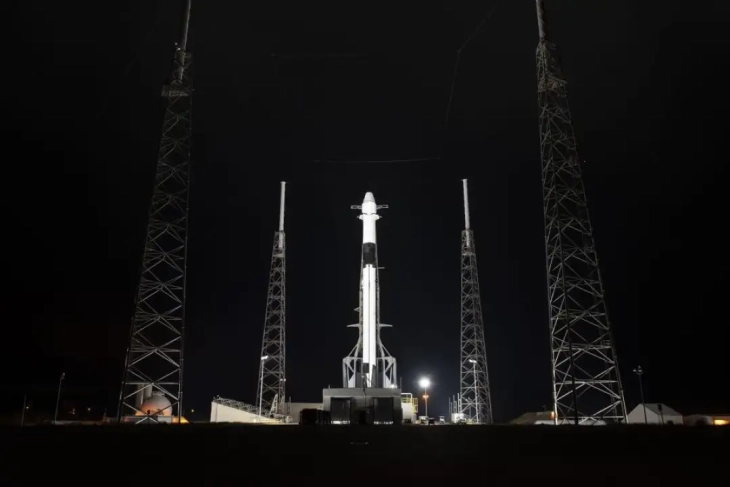Musk: Starship launch a success despite explosion after take off
- Starship, the largest rocket system ever built, exploded into pieces after it was launched in a second attempted test on Thursday and was then labelled a success by multi-billionaire owner Elon Musk.
- Post By Nevenka Nikolik
- 18:51, 20 April, 2023

New York, 20 April 2023 (dpa/MIA) - Starship, the largest rocket system ever built, exploded into pieces after it was launched in a second attempted test on Thursday and was then labelled a success by multi-billionaire owner Elon Musk.
A few minutes after the launch, live images showed the vessel breaking into sections after lift off.
"As if the flight test wasn't exciting enough, there was a rapid unplanned breakup of the Starship prior to stage separation," Musk's private space company SpaceX announced on Twitter, which Musk also owns.
"In a test like this, success depends on what we learn, and today's test will help us improve Starship's reliability," the tweet said.
Musk said the team would now extensively evaluate the test data and work towards a next test launch.
The Starship initially lifted off with a lot of fire and smoke from Brownsville, Texas on the US border with Mexico.
A few minutes later - shortly before the separation of the two rocket stages - live images showed how the rocket system began to tumble and finally broke up in flames.
The test should have continued for about 90 minutes and ended with the landing of both stages.
The rocket system consists of the 70-metre-long booster known as Super Heavy and the 50-metre-long upper stage, also called Starship.
The plan is for the rocket to enable manned missions to the moon and Mars. The first test launch had been planned for Monday, but was postponed to Thursday due to a problem with a valve.
Starship is designed so that the spacecraft and rocket can be reused after returning to Earth. The upper stage had already been tested several times on its own, but this was the first joint flight test of the entire rocket system.
The system, which is about 120 metres long, will be able to transport well over 100 tons of cargo in the future. The rocket is powered by 33 "Raptor" engines, which run on liquid methane and liquid oxygen.
The system will be able to be refuelled in space. The US space agency NASA wants to use the system to take astronauts to the moon. SpaceX wants to reach Mars one day.







